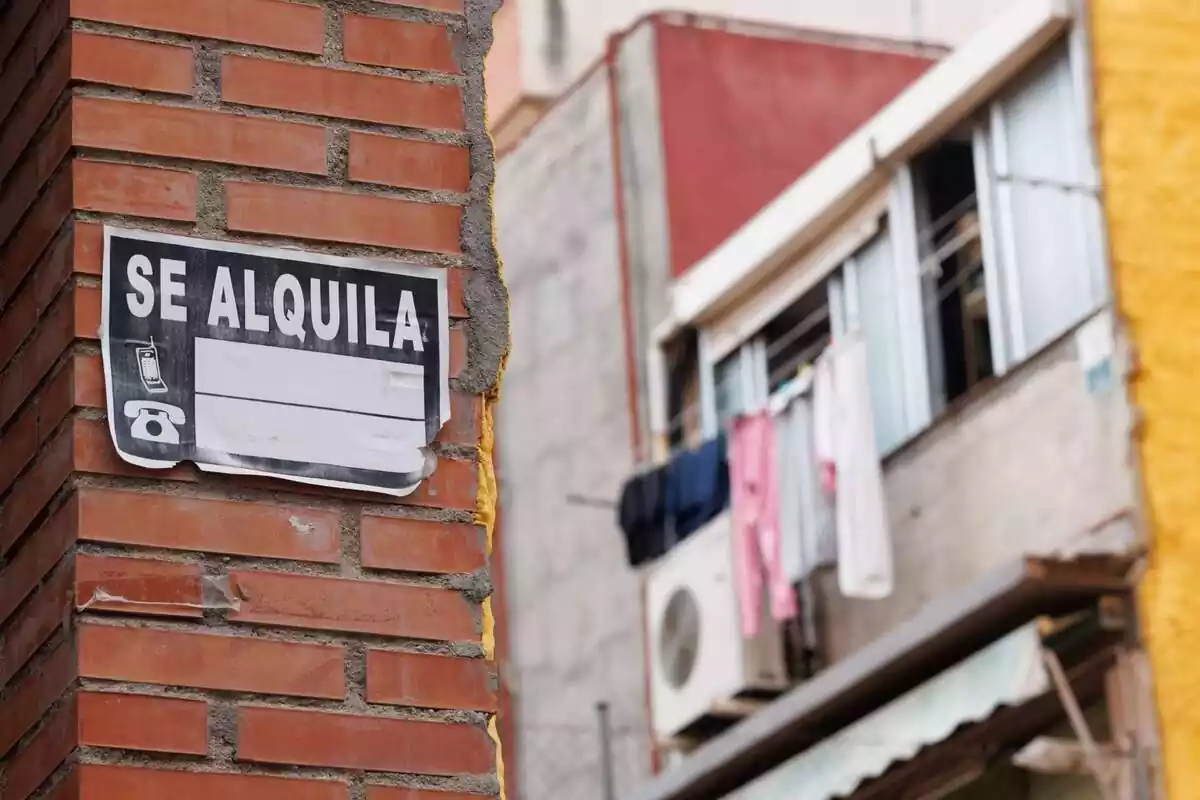
Why the Govern and Comuns Decree Throws Catalonia into a Rental Crisis
The rental market will shift the supply to sales and the black market: those with the most will benefit
The Govern decrees the regulation of seasonal rentals, which will be solely and exclusively for vacation or leisure purposes. In reality, this is not unexpected news. On the contrary, it is another phase of Catalonia's real estate collapse, particularly in Barcelona.
Initially, the state rental law excluded seasonal rentals. Immediately afterwards, the offer shifted to this rental modality (by 60%, according to Idealista) to circumvent the regulation. Consequently, political forces, especially from the left, raised an outcry over the need to regulate temporary rentals.
The left is right in saying that the current use of seasonal rentals is fraudulent, but not because it is illegal, but because it is economic. Basically, the current temporary rental is reduced to room rentals and very short contracts (the maximum-minimum allowed by law). However, the approach proposed by the left is completely detached from the causes.

The Key Was Always the Demand
If the market gradually escapes regulation, it is not due to a (nonexistent) market power of the "vulture funds" or the greed of landlords. If the market escapes regulation, it is simply because it is profitable. Why is it profitable? Because there is a perfect storm of lack of supply and concentration of demand. Many people are asking for something scarce.
In fact, the market offering solutions like rooms or coliving is not a demerit of the market, but a merit. What it tries to do is adapt the scarce supply to the enormous demand. This is what explains the occurrence of a kind of 'tokenization' of the supply, that is, trying to scrape more supply from a single unit (making rooms out of an apartment, for example).
This is due solely and exclusively to a concentration of demand that, for now, the supply doesn't satisfy and will not satisfy. If the demand were for another more elastic good (leisure, for example), the price would drop on its own. But since it is a good that, like housing, is quite inelastic, profitability is a reflection of that need.

A Very Dark Future
What happens if the demand keeps, the supply is minimal, and regulation stifles market exits? Well, the real estate market will move toward informal dynamics increasingly typical of the black market. This leads to a regulatory paradox: interventionism creates spaces where public power disappears.
It will then become increasingly common to pay under the table, the degradation of housing, or the lack of reinvestment. This in the best-case scenario, that is, in the case that there are still owners who want to rent their homes under the dictates of politicians. This, by the way, is what explains that, in the long run, real estate interventionism gives wings to the radical left, who end up proposing the last possible measure: expropriation.
It is also very plausible that there will be a shift of the offer to buying and selling. As economists have already explained - ESADE, for example, with the 2021 law - this only benefits the wealthiest, who are the ones with the capital to invest when the price drops due to a flood of supply. Aside, of course, from the fact that the rental stock degrades enormously because i) owners do not invest; ii) "bad" apartments can stick to the price ceiling decreed by regulation due to the scarcity of supply.
More posts: